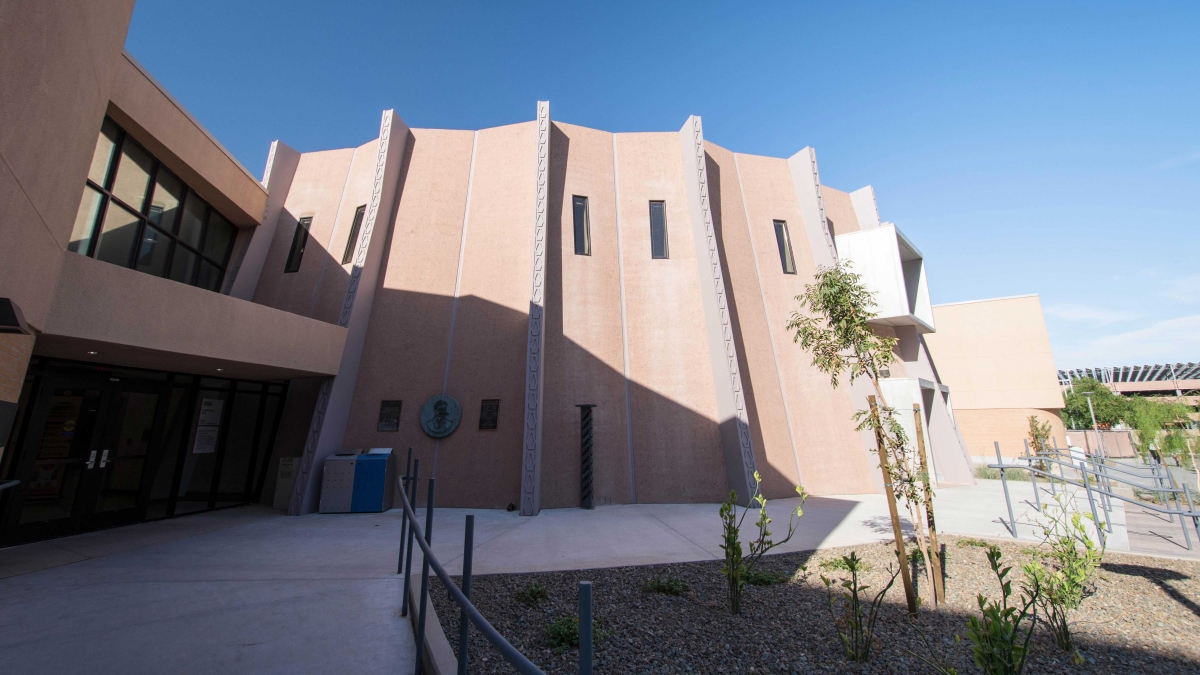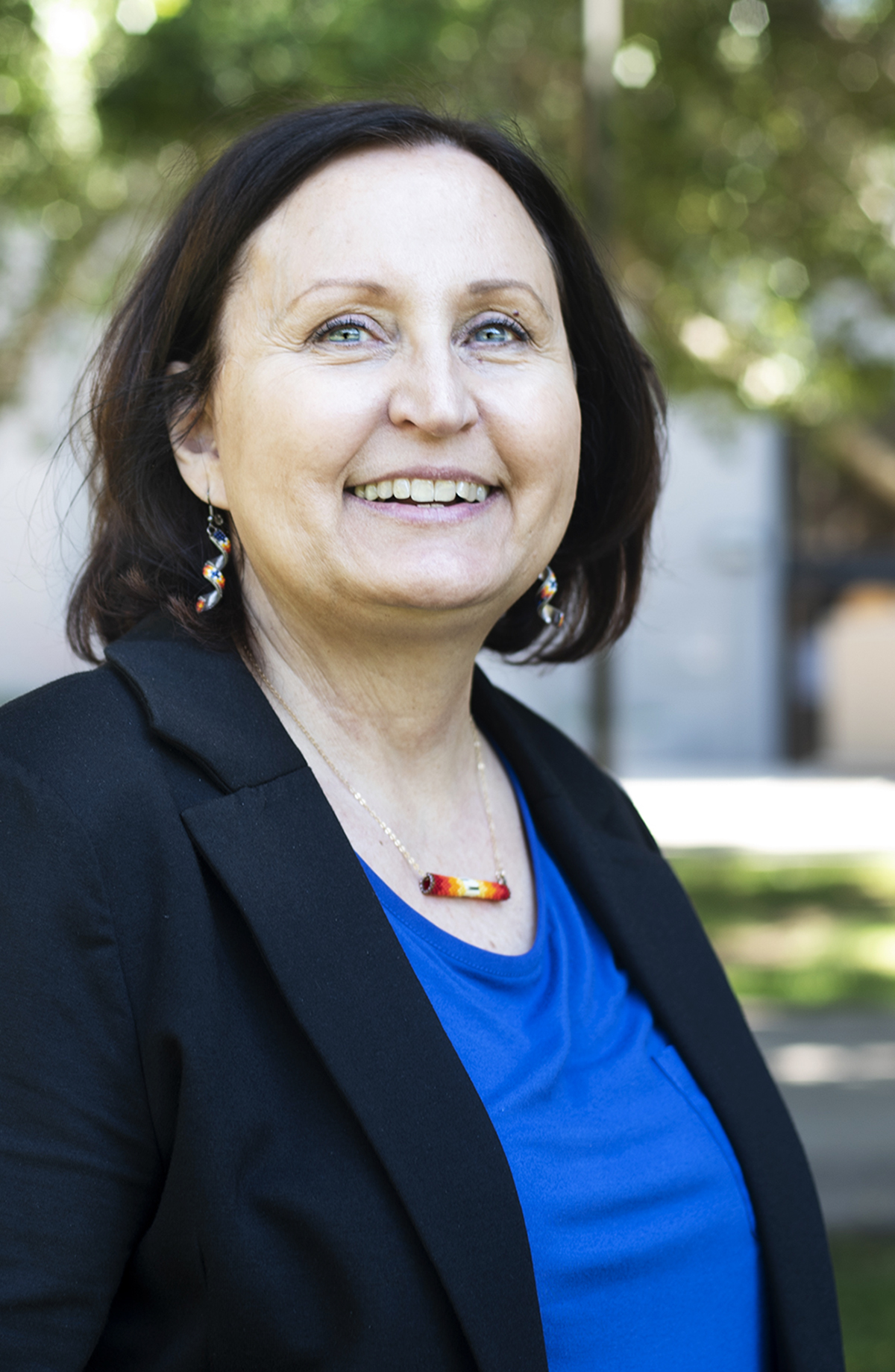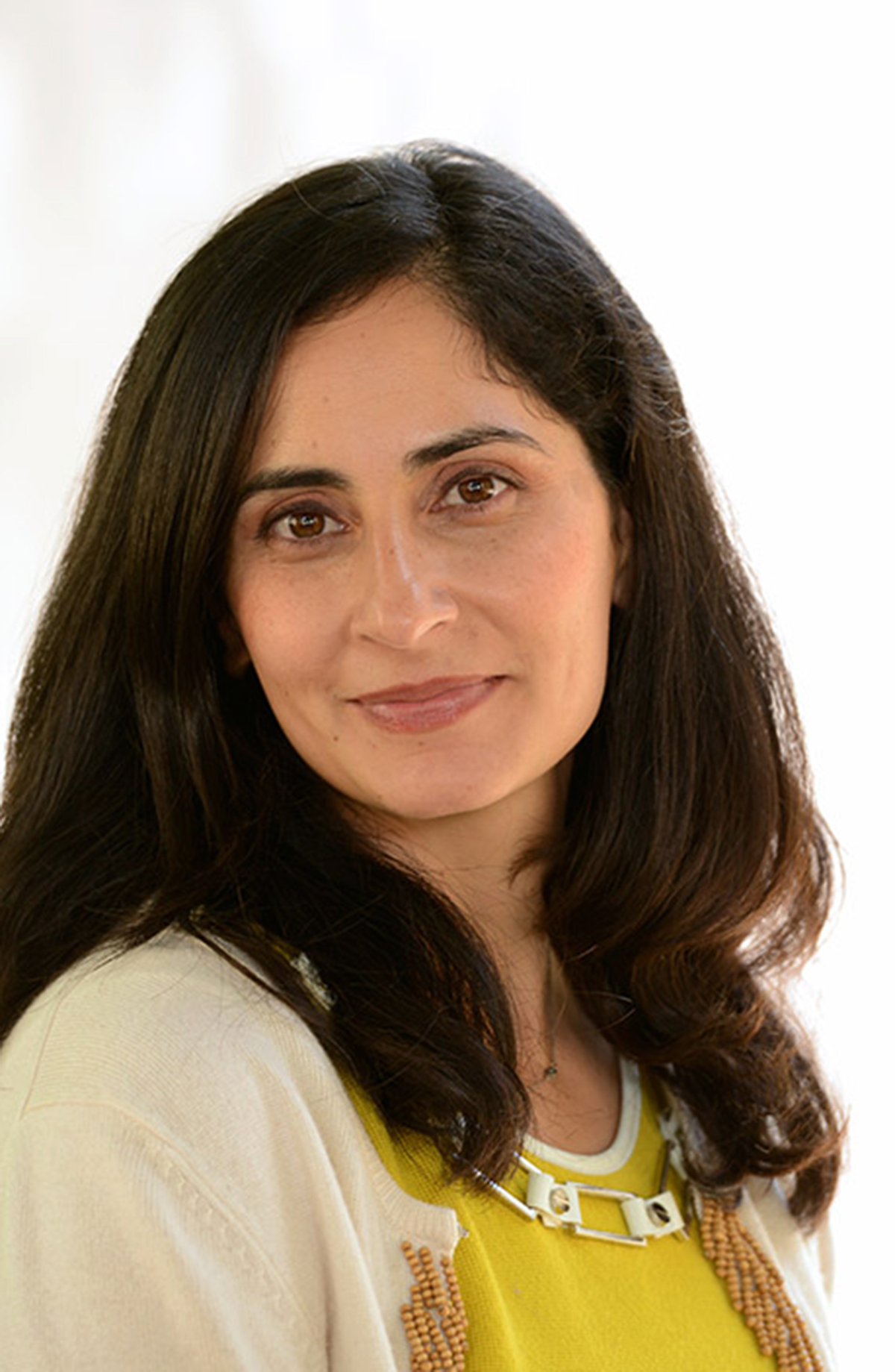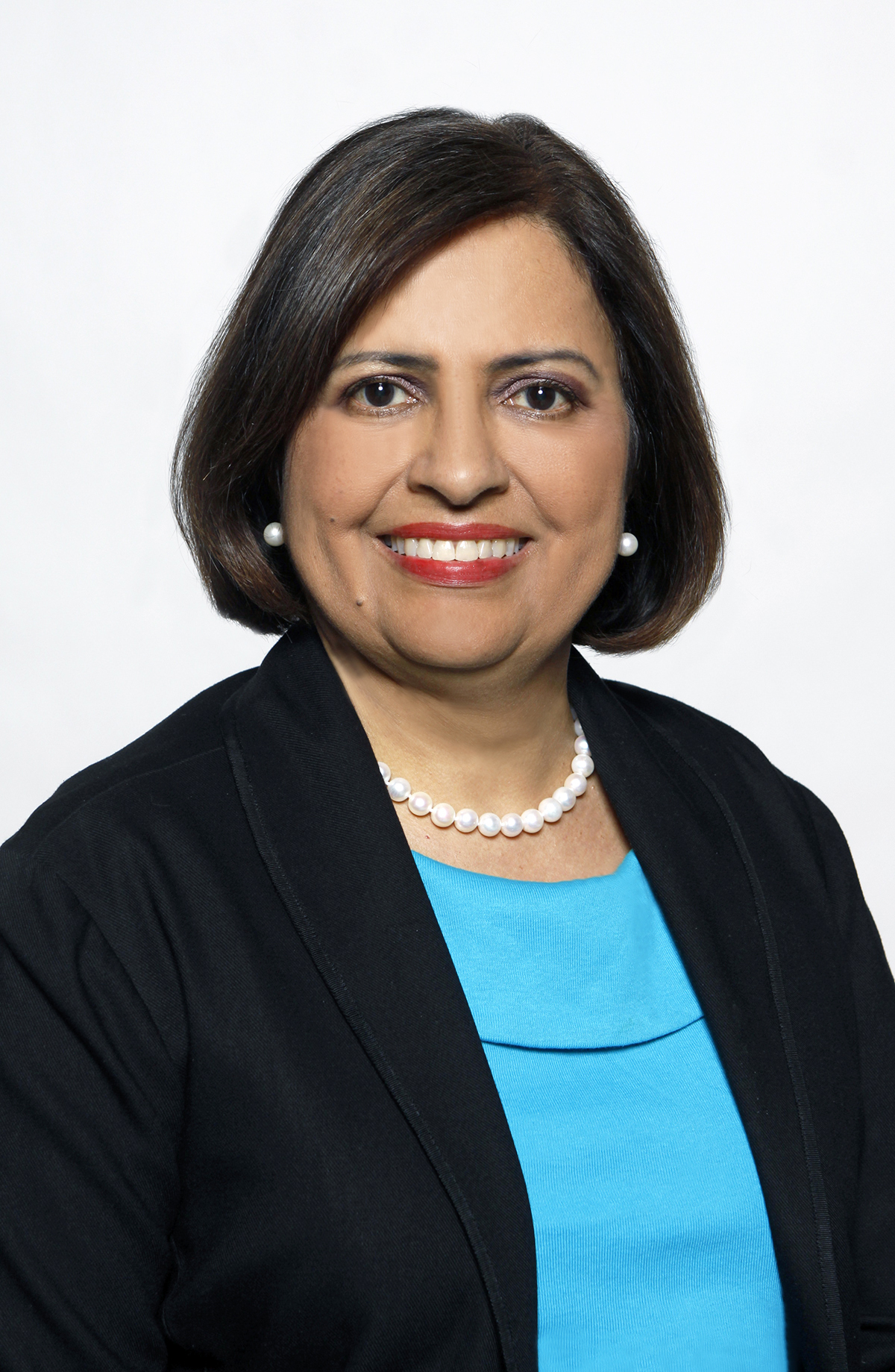Whether used to explore the nuances of human evolution or to examine the political, ecological and cultural facets shaping the human experience today, the social sciences give us the tools to decipher our world.
To Elizabeth Wentz, dean of social sciences in The College of Liberal Arts and Sciences at Arizona State University, creating academic units capable of capturing that breadth is both a challenge and an opportunity.
“We have social science faculty whose research and classes are closer to physical sciences, and others that are very much in line with the humanities,” she said. “Leading these units requires a 30,000-foot view to bring people together who conduct their work in very different ways.”
That big-picture outlook is only continuing to grow as the School of Social Transformation, the School of Transborder Studies and the American Indian Studies program gain new leadership this July.
Each unit possesses qualities that are unique to ASU. The School of Transborder Studies is the only unit of its kind in the country. The American Indian Studies program is distinguished by its autonomy from other schools and broad range of research, faculty and degree tracks. The School of Social Transformation serves as a platform where a multitude of disciplines spanning anthropology, sociology, cultural studies and social justice come together under one roof.
“These are three very interdisciplinary schools where faculty from many backgrounds come together around particular themes like inequality and the social, political, historical and cultural drivers behind it,” Wentz said. “We wanted to find leaders who fit into that field and also aligned with the access and impact-minded mission of the ASU charter.”
With 13 total units, the social sciences account for the largest division in The College — which is itself the largest academic body at ASU — and incorporate components of anthropology, sociology, justice studies, urban planning, communication and more.
Wentz said identifying how all those components fit into the larger ASU ecosystem keeps them in a constant state of evolution.
“Social sciences are all over the university, and while we can define ourselves by discipline, we can also define ourselves based on the problems we solve,” she said. “These new leaders present a chance to launch their schools into a new era.”
Stephanie Fitzgerald, American Indian Studies
Stephanie Fitzgerald is a Cree tribal member who comes to the American Indian Studies program after overseeing a similar unit at the University of Kansas. Her research explores the relationships between indigenous groups, land tenure, climate change and tribal, state and federal law.
She is the author of “Native Women and Land: Narratives of Dispossession and Resurgence” and the co-editor of “Keepers of the Morning Star: An Anthology of Native Women's Theater,” among other publications.
While other universities have indigenous and Native American studies programs, they are often integrated into umbrella departments like English, anthropology and history. By contrast, Wentz said dedicating an autonomous unit to the American Indian Studies program allows interdisciplinary academics and research to thrive.
“Our physical position in the United States with the number of tribal nations here really demands that we have an independent program at ASU,” Wentz said. “Stephanie Fitzgerald brings an incredible level of scholarship, but also an appreciation for the expansive goals of the program.”
Fitzgerald also highlighted the unit’s size and focused platform as being key aspects that brought her to ASU.
“This is a vibrant program with strong support from the public and the ASU administration, in a state with 22 tribal nations,” she said. “I see coming to ASU as a chance to continue building that up.”
Pardis Mahdavi, School of Social Transformation
Pardis Mahdavi is a medical anthropologist whose research has focused on sexual and gender politics and their interaction with labor migration and social movements across the Middle East and Asia.
She is the author of several publications on the subjects, including her first, “Passionate Uprising, Iran’s Sexual Revolution,” in 2008, and her most recent, “Crossing the Gulf: Love and Family in Migrant Lives,” in 2016.
She comes to ASU from the Josef Korbel School of International Studies at the University of Denver. As part of The College, she hopes to help drive global platforms forward through international research collaborations and dual-degree programs.
“One of the things that drew me to this program is that it has transcended the idea of interdisciplinarity,” she said. “People inside The College are doing something that I consider to be a next-level intersectionality among the studies.”
Mahdavi will succeed Bryan Brayboy, a professor in the School of Transformation who has served as its interim director over the last year.
“The aspiration of social transformation and the global perspective it hopes to reach is huge,” Wentz said. “Bryan BrayboyBryan Brayboy also serves as the director of ASU's Center for Indian Education and the special adviser to the president on American Indian Affairs, a position created by ASU President Michael Crow to oversee university initiatives related to Native American and indigenous issues and programs. has really been a steady hand in opening up the pathway to get this unit to a collaborative place I believe Pardis Mahdavi wants to continue to shape.”
Irasema Coronado, School of Transborder Studies
Irasema Coronado comes to ASU from an endowed professorship in the Department of Political Science at the University of Texas in El Paso.
Raised in the border-hugging city of Nogales, Arizona, she has spent over 25 years studying cross-border resource management, water rights and environmental policies, in addition to immigration, asylum and deportation in the Arizona-Sonora region.
Coming to ASU was a chance to continue that work and help increase the impact of the School of Transborder Studies.
“This is the only doctoral program in the country for border studies, which is my specialty,” she said. “I also believe research should be measured by the difference it makes in people’s lives, and I think The College and this school exemplify that.”
Developed in 2011, the School of Transborder Studies looks at the borderland as a concept in itself. Whether it’s the international line between the U.S. and Mexico, or the boundary separating North and South Korea, faculty and students within the school explore the ecological, historical and social components that make these areas unique.
“There are people doing fabulous research on Mexican American issues, and the School of Transborder Studies itself emerged from a form of Chicana/o studies, but that’s not necessarily doing research on the border itself,” Wentz said. “Irasema Coronado is truly a border scholar, and that is really what she brings to the table.”
Top photo: Armstrong Hall on the Tempe campus is the new headquarters for The College of Liberal Arts and Sciences. With 13 programs and schools that transcend traditional studies, the social sciences are the largest division within The College. This summer, three of its units will welcome new leaders.
More Science and technology
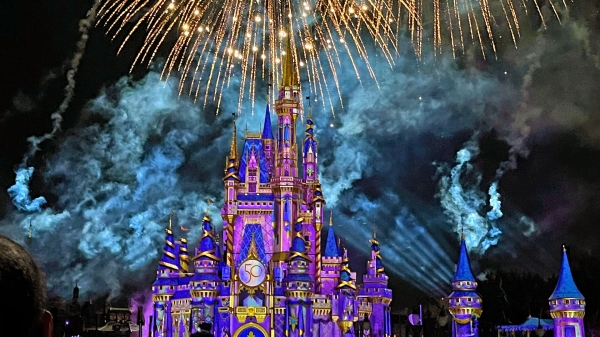
Making magic happen: Engineering and designing theme parks
The themed entertainment industry is widespread and diverse, encompassing everything from theme parks to aquariums, zoos, water parks, museums and more. The Theme Park Engineering and Design…
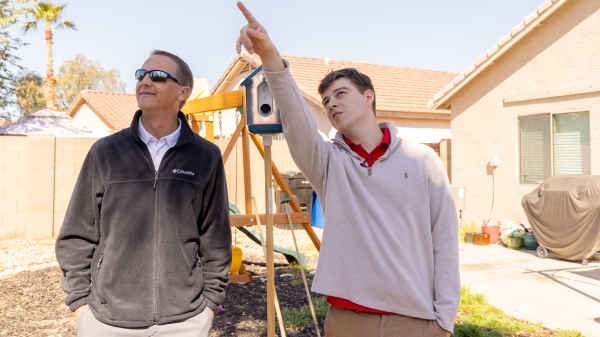
AI-equipped feeders allow ASU Online students to study bird behavior remotely
ASU Online students are participating in a research opportunity that's for the birds — literally. Online Bird Buddies is a project that allows students to observe birds remotely, using bird feeders…

National Humanities Center renews partnership with Lincoln Center for responsible AI research
The National Humanities Center has announced that Arizona State University's Lincoln Center for Applied Ethics is one of four organizations to receive funding for the second phase of their…
